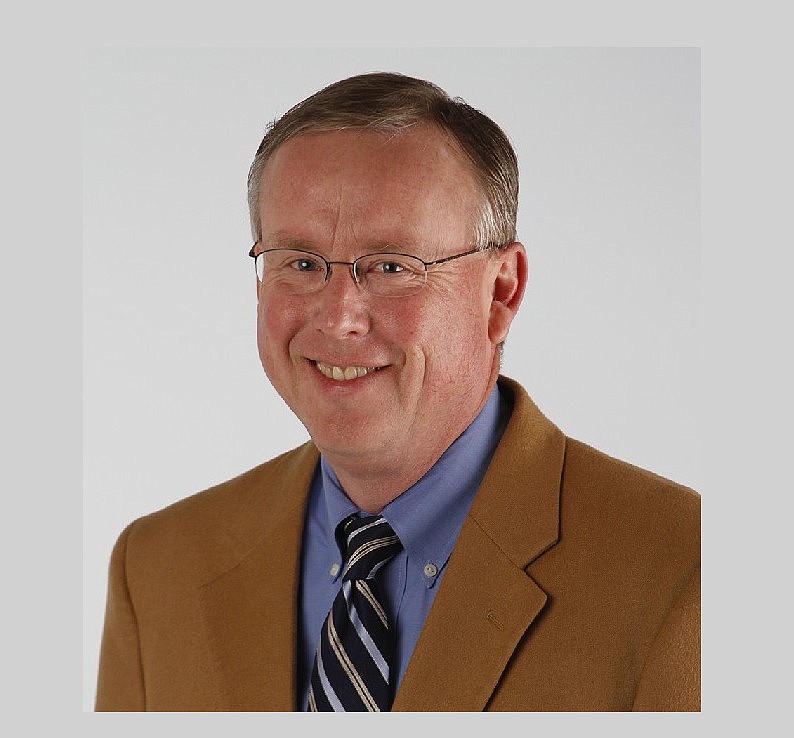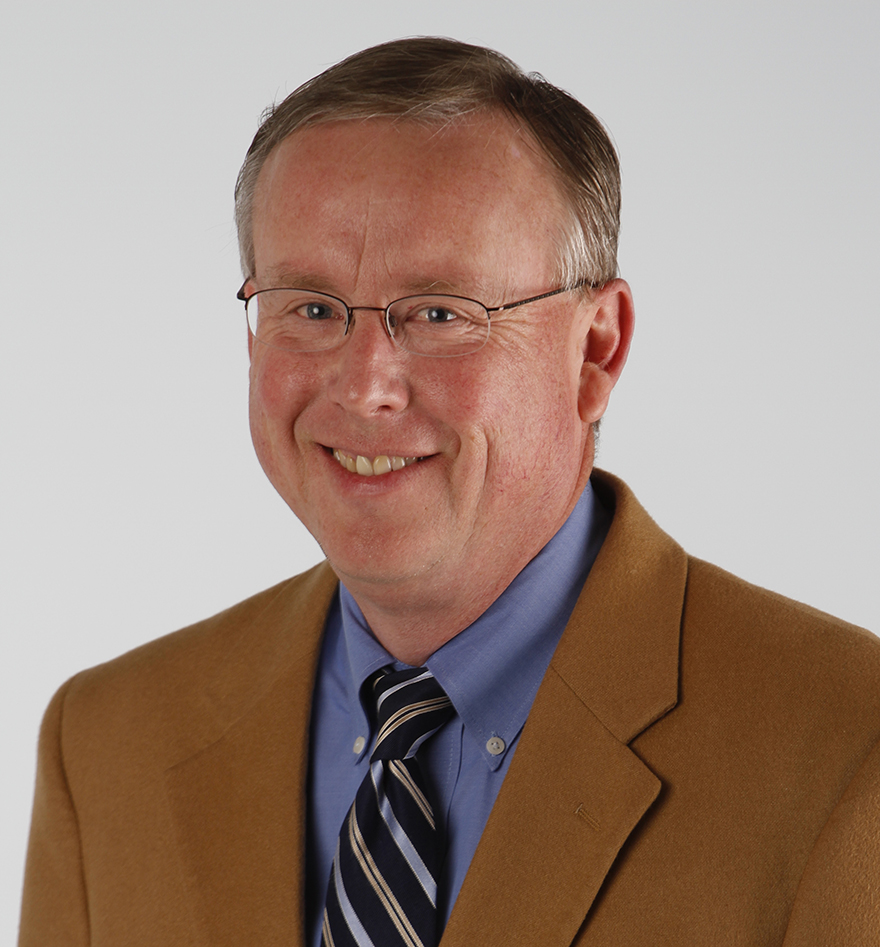I spotted Basil B. Clark at the HoHo Expo one Sunday last month at the Chattanooga Convention Center. He was there in his infantryman's baseball cap manning a booth at the holiday fair, and I was handing out bottles of water from a drag-along cooler.
We began to chat as I flipped through a copy of his book, "War Wounded: Let the Healing Begin." (Waldenhouse Publishers, available at Amazon.com.)
Clark, a 65-year-old Vietnam War veteran living in Ooltewah, said he was at the expo to market his book and his character monologues, in which he plays historical characters. He impersonates everybody from Adam (yes, the Adam in the Bible) to Abraham Lincoln.
Intrigued, I asked him to drop by the newsroom one day.
Clark said the stories in his book are about people he met in everyday life while he was a college speech and theater teacher at the University of Pikeville in eastern Kentucky. Many of the chapters are about veterans, like him, coming to terms with battle scars. Others are about people with different, but heavy, crosses to bear: family suicides, gang life, addictions.
Before we talked again, I read some of Clark's book. I'm fascinated by people who collect stories and then mine them for golden nuggets. It seems to me the most authentic way to learn.
In the book there is a story about Rodney Evans, a fearless Army buddy of Clark's who was killed by enemy bullets in Vietnam. Sixteen years later, Clark wept when he found Evans' name etched in the Vietnam Memorial wall in Washington.
There is the story of Sam Wadell, the son of a suicide victim who remembers the fateful day his father died. His little sister rushed into Sam's room while he was sleeping and said, oddly, "Wake up, Sam. Dad's deaf."
There's a story about Ronnie Hylton, an Iraq war veteran still struggling with war issues, who gets jumpy every time he hears fireworks.
I asked Clark what coping skills emerge most often when he talks to these people.
Two, he said.
The first, I didn't expect: It's essentially solitude; more specifically, the ability to find an activity that occupies the hands but leaves the mind clear to wander and wonder. For some, he says, it's a hobby like fishing or gardening.
"In days past, when farmers were out working in the fields, or when mothers were in the kitchen cooking, they took time to think about life," Clark says. "These days, we are so busy tweeting and tooting that we don't often stop to think about life."
The second common element of healing, he said, is faith in a higher power.
Faith can come from structured religion, he said, but often arrives more subtly, gliding in on the wings of wisdom -- like the growing suspicion as we grow older that our life stories are not random.
Clark likes a quote from President James A. Garfield: "My life has been made up of a series of accidents, mostly of a favorable nature."
Clark adds his take, "I really have come to believe that there is a plan or a purpose" to our lives.
He also likes a quote attributed to President Abraham Lincoln: "When I do good, I feel good. When I do bad, I feel bad. And that is my religion."
Clark says he begins every day with a reading of Scriptures, and he lets the biblical ideas tumble through his mind all day.
Faith (in something) and solitude, then, can form a durable foundation for anyone facing life's hardships, Clark says.
Which, the last time I checked, included us all.
Contact Mark Kennedy at mkennedy@timesfreepress.com or 423-757-6645. Follow him on Twitter @TFPCOLUMNIST. Subscribe to his Facebook updates at www.facebook.com/mkennedycolumnist.

